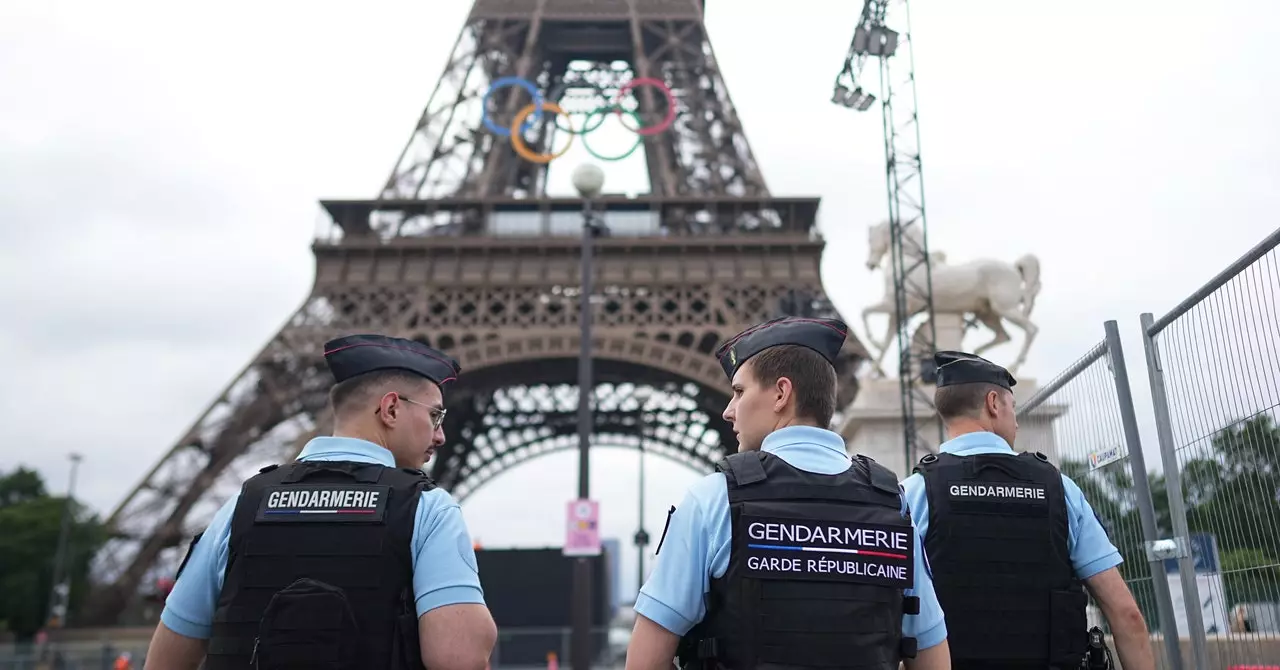The use of artificial intelligence (AI) surveillance systems has become increasingly prevalent in various cities around the world. One such instance is the adoption of AI algorithms by French companies, like Wintics, to enhance security measures at major events such as the Olympics. Matthias Houllier, the cofounder of Wintics, highlights the transformation of CCTV cameras into powerful monitoring tools, allowing for the analysis of data from thousands of cameras in real-time. This innovation aims to assist law enforcement agencies by identifying and counting individuals in public spaces efficiently.
While companies like Wintics argue that their algorithms prioritize privacy by focusing on analyzing shapes rather than personal data like facial recognition or behavioral analytics, privacy activists like Noémie Levain raise concerns about the authoritarian implications of AI surveillance. Levain emphasizes that the processing of images captured by these algorithms constitutes the handling of personal and biometric data, creating a direct parallel to the controversial technology of facial recognition. She fears that the widespread deployment of AI surveillance systems in Paris may lead to the normalization of intrusive surveillance practices that disproportionately target certain communities based on existing biases.
The introduction of AI surveillance systems in public spaces raises critical questions about the balance between security and personal privacy. With the impending arrival of the Olympics in Paris, residents like Levain express reservations about the long-term implications of AI surveillance beyond the duration of the event. The use of algorithms to monitor and control public spaces elicits concerns about the potential reinforcement of discriminatory policing practices and the erosion of civil liberties. As the city braces for the influx of visitors and increased security measures, the underlying tension between security needs and individual freedoms comes to the forefront.
As advancements in AI technology continue to shape urban landscapes and security strategies, the dialogue on privacy rights in a surveillance society becomes increasingly vital. The expansion of AI surveillance systems presents complex ethical and legal challenges that necessitate a nuanced examination of their implications on personal freedoms. Striking a delicate balance between security imperatives and respect for individual privacy remains a pressing concern for policymakers, technologists, and civil society advocates alike. As cities navigate the evolving landscape of surveillance technologies, fostering transparency, accountability, and public engagement becomes essential to safeguarding democratic values in an era of pervasive digital monitoring.


Leave a Reply